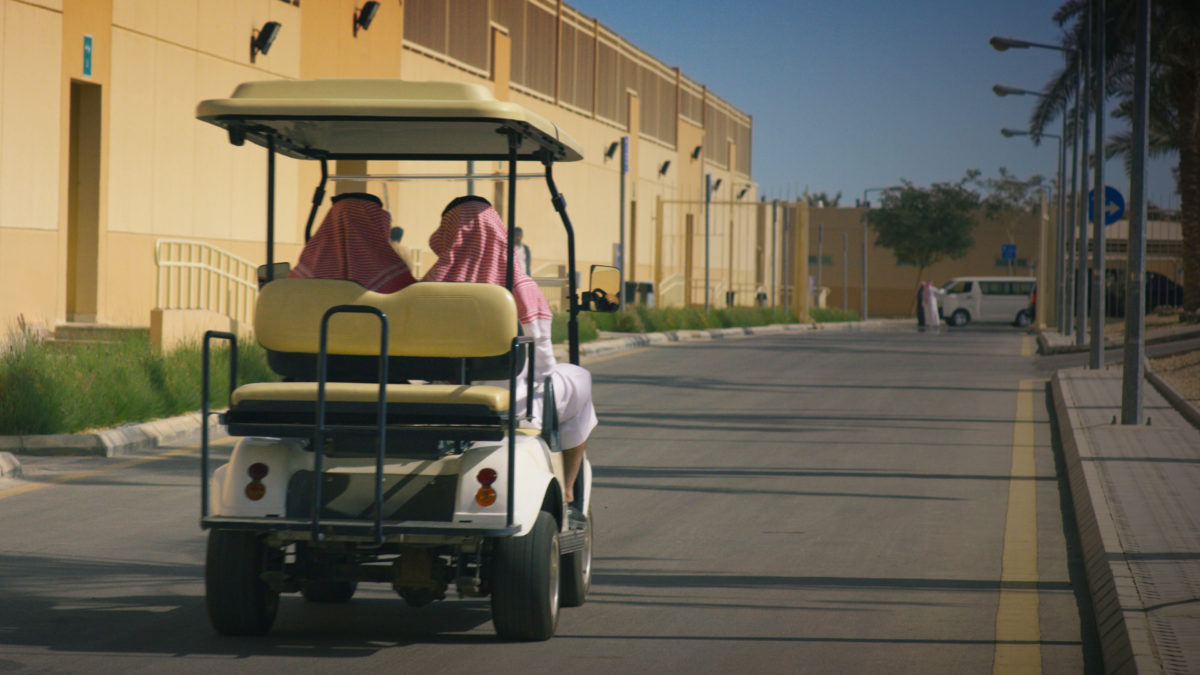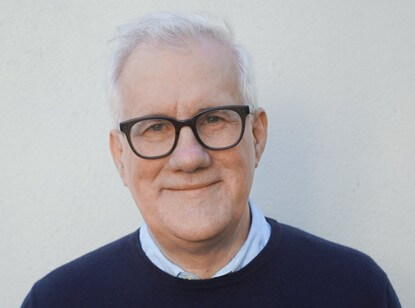Arts & Entertainment
Sundance apologizes for hurt from showing of ‘Jihad Rehab’ documentary

'Jihad Rehab' focuses on several men — detained in Guantanamo for years without charge by the United States — after they are placed in what’s billed as the world’s first rehabilitation center for extremists. There, they undergo the center’s “deradicalization” program, which includes therapy sessions and life skills classes. Photo: Sundance Institute
PARK CITY, Utah — In a letter published online Friday, Sundance Institute CEO Joana Vicente and Sundance Film Festival Director Tabitha Jackson acknowledged hurt over the screening of Meg Smaker’s documentary film Jihad Rehab at the virtual festival in January.
Two senior staffers at the institute, Brenda Coughlin, director of Impact and Strategy, and Karim Ahmad, director of the Outreach & Inclusion Program, resigned in response to the decision to screen the film, according to IndieWire.
The documentary follows three Yemeni men, that had previously been involved with Al Qaeda (none of them were officially charged with terrorism), in a Saudi Arabian treatment facility for former Guantanamo Bay prisoners to reintroduce them into society.
“In addition to taking issue with the movie’s title, which misappropriates the term “jihad” as terrorism despite its Islam’s more expansive definition, Coughlin and Ahmad were among those who voiced concerns for the safety of the film’s subjects.” – Eric Kohn, IndieWire
Ahmad, who tendered his resignation with Sundance in January, later wrote on Twitter, “careless cultural production is inexcusable. As are institutions that persist in performative equity measures while actively resisting efforts that will actually redistribute power in necessary ways.”
Several filmmakers contacted Sundance in December after the film was selected for the program, and a meeting was arranged with Jackson and Director of Programming Kim Yutani, according to Documentary.
“They listened to what we had to say, but they didn’t have any answers,” said Amber Fares, who penned the letter to Sundance along with filmmakers Assia Boundaoui, Marjan Safinia, Sami Khan, Jude Chehab, and Samia Khan, accusing the film of having “a rhetoric of ‘nation-based racism’ in which Arabs and Muslims are constructed as potential criminals who constitute a danger for the safety of white civilians.”
—
Vicente & Jackson letter continued:
As with every film we show, we hope to stimulate conversation and debate that adds value to our civic society. In this case it is clear that the showing of this film hurt members of our community — in particular, individuals from Muslim and MENASA communities — and for that we are deeply sorry.
With the power of our Festival platform comes a responsibility: to balance freedom of creative expression and support for contentious and thought-provoking work with the assurance that it is presented with proper context and space for debate, and to maintain, and where necessary evolve, a curatorial process that upholds our mission and values.
When it is felt, especially by some members of the Sundance artist community, that we have not met that responsibility it is important that they speak out and that we hear them. They did and we recognize the bravery and energy it took and we are grateful. Now it is time for us to act on what we have heard as we move forward with our work.
This moment reflects the dynamic and continuing evolution of broader, fundamental issues that we have always considered in our work and must continue to grapple with as an organization, and as a field:
- Representation, authorship, and the perpetuation of stereotypes, particularly as they apply to oppressed/marginalized communities.
- Increased support of, and for, Muslim and Arab artists, their art, and the creative expression of their own lived experience.
- The contribution to, and upholding of, best practices around ethics, journalism, and duty of care in documentary filmmaking.
- Expectations of festivals, funders, and the field around the questions we should be asking of film teams before selection.
—
Correction: A previous version of this article stated that Sundance leaders expressed regret and apologized for screening the film. The institute statement apologizes for the hurt the film caused, and then goes on to say that, because of the hurt, they are deeply sorry.



















